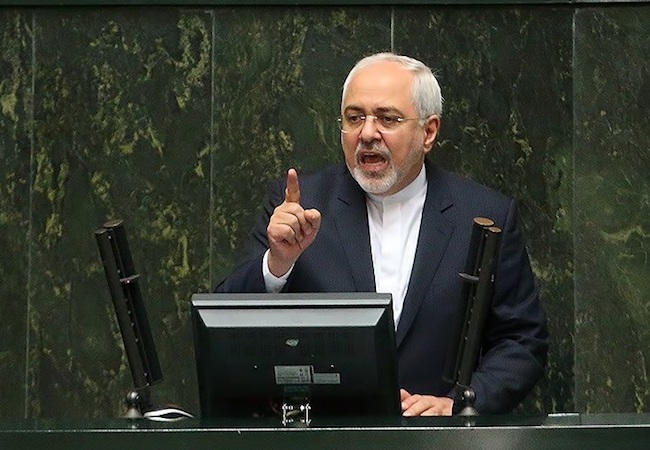
By Rene Wadlow
The first act of the Iran Nuclear Accord took eight years. The backdrop kept changing from Geneva to Vienna but the actors were nearly all the same. Except for the representative of the European Union it was an all male, middle-age cast with little comic relief, at least on stage. The Joint Comprehensive Plan of Action, to give the play its formal name was signed in 2015 with polite applause and some anticipation of what the next acts might hold.
Now at the end of the first act, the US President who was used to faster-paced TV shows left the theater. One can understand the boredom; the action was very slow. The Iranians kept to the script, and IAEA atomic inspectors came periodically from Vienna but were largely nameless. The Iranian economy did not improve dramatically and so some Iranian “hardliners” started wondering who had written the play.
Now that the main US actor has walked off the stage, the play will have to go on without him. The other actors; France-England-Germany coordinated by the European Union, Russia, China, and Iran will have to take center stage. The Chinese have been waiting to have more lines to speak and are likely to have more exchanges with Iran. The Chinese banks who are less related to US banks than the European banks are likely to play an increased financial role. The Russians who once played in larger theaters will speak more loudly, reminding the Iranians of their cooperation in Syria.
There are two subplots in the play but are largely back stage. The first subplot is the banking-related penalties that the US might impose on foreign banks dealing with Iran. This is a worry to banks in France-Germany-UK but not to China. Thus we are likely to see an increased role for Chinese bankers who have more money than they can count in any case.
The second subplot concerns the development of Iranian missiles , a subject not covered by the Iranian nuclear accord. However, there has been little mention of the Hague Code of Conduct against Ballistic Missile Production (HCOC) which came into force on 25 November 2002. The HCOC does not ban ballistic missiles , but it does call for restraint in their production, testing, and export. Austria serves as its Executive Secretariat and the 16th Conference of its 138 Subscribing States was held 6-7 June 2017 in Poland. The Hague Code could be strengthened, although we have seen little leadership on the part of those States which have extensive missile programs.
The plot of the Joint Comprehensive Plan of Action is somewhat repetitious and leads to somewhat similar reactions in the USA. The USA walked away from the Paris Climate Accords, but the play went on elsewhere. Even local US actors started playing a role. Now the Iran Accord will go on without the USA. The flame of world leadership has been passed on to China. It may take a while to get used to the techniques of Chinese drama and its actors.




